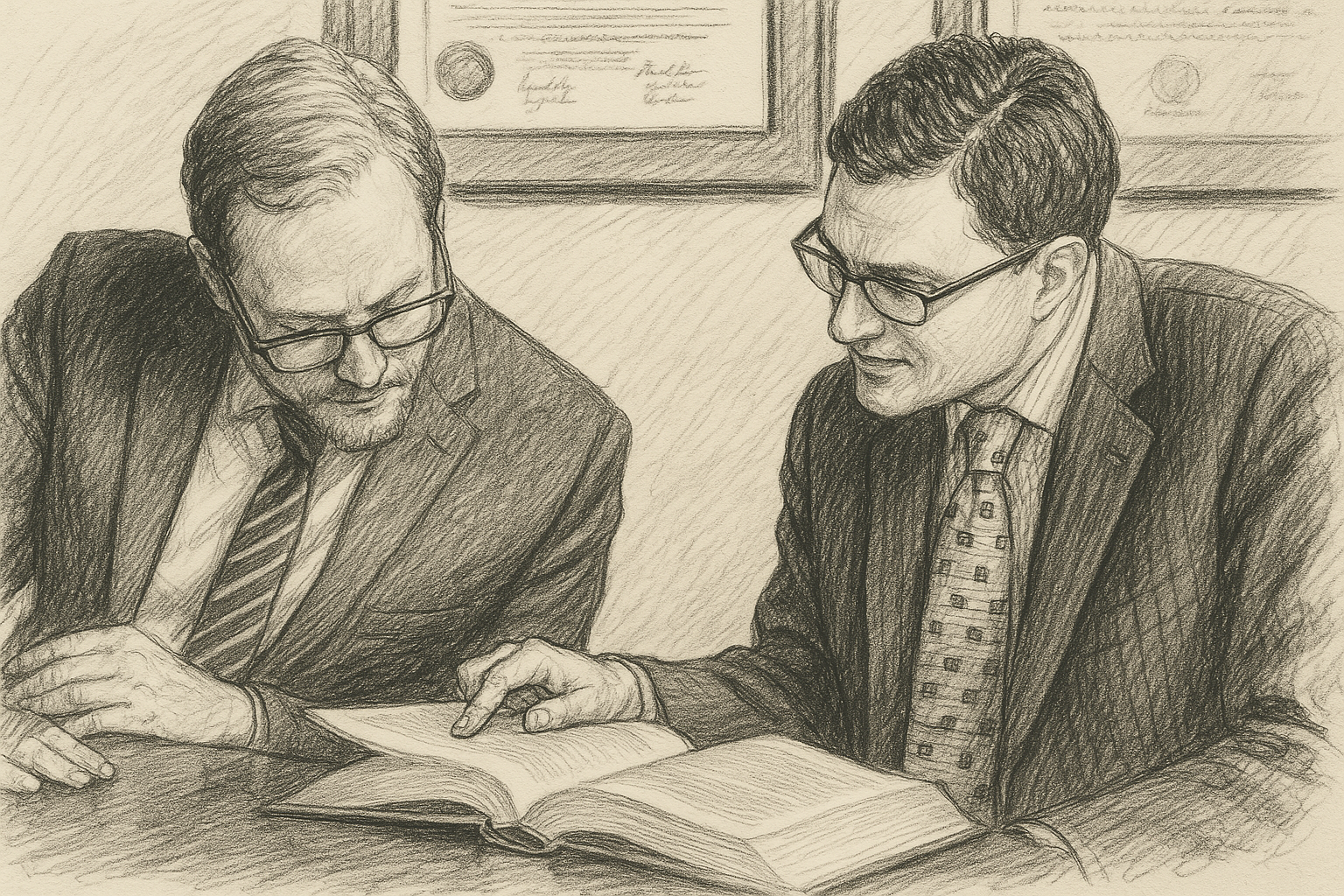On October 14, 2025, the United States Supreme Court denied certiorari in Malco Enterprises of Nevada, Inc. v. Woldeyohannes, letting stand a significant Supreme Court of Nevada ruling that upheld state-level protections for victims of rental car accidents. Hilton Parker LLC represented the respondent, Alelign Woldeyohannes, at the certiorari stage and successfully persuaded the Court not to take up the case.
This was a notable victory because the Washington Legal Foundation filed an amicus brief in support of certiorari. That organization is perhaps the most successful in the country at getting certiorari granted, with a roughly 40% acceptance rate.
Background: A Collision and a Statutory Safeguard
The case arose from a rear-end collision in Las Vegas involving a rental car owned by Malco Enterprises. After the rental car driver defaulted in state court, Woldeyohannes sought recovery against Malco under Nevada Revised Statutes (NRS) § 482.305, which imposes liability on rental companies that fail to provide minimum liability insurance coverage.
Nevada’s courts held Malco liable for $37,886.82, applying the statute as a state insurance enforcement mechanism rather than a vicarious liability rule. When Malco petitioned the U.S. Supreme Court, it argued that NRS § 482.305 was preempted by the federal Graves Amendment, which limits states’ ability to impose vicarious liability on rental car companies.
Reframing the Question Presented
Hilton Parker’s response brief focused not merely on the substance of the Graves Amendment, but on the structural posture of the case. We reframed the core issue as follows:
“Once a court finds that a rental car company has failed to meet state liability insurance requirements with respect to a vehicle involved in a collision, does the Graves Amendment prohibit the court from imposing joint and several liability on the rental car company based on that failure?”
This formulation placed the legal emphasis where it belonged: on a settled state law finding that Malco had violated Nevada’s mandatory insurance requirements. By doing so, we invited the Supreme Court to avoid entangling itself in a fact-bound, state-specific question that it traditionally defers to state courts to resolve.
Navigating Preemption: A Textualist Defense of Nevada Law
We also emphasized that the Graves Amendment includes a clear savings clause preserving state laws imposing liability for failure to meet insurance requirements (49 U.S.C. § 30106(b)(2)). We argued that Nevada’s statute fits squarely within that exemption. Our brief offered a textualist rationale that framed NRS § 482.305 as a penalty for violating mandatory insurance obligations, not an indirect method of imposing vicarious liability.
This approach was not merely academic: it drew a sharp contrast between Nevada’s statute and other state laws that courts have found preempted. We demonstrated that those cases involved laws imposing liability without regard to a rental company’s compliance with insurance mandates—a critical distinction that made Nevada’s law unique.
Outcome: Cert Denied, Precedent Preserved
On October 14, 2025, the Supreme Court declined to review the case. In doing so, it implicitly accepted the framing advanced in our brief: that the issue was governed by state law findings about Malco’s failure to meet Nevada’s insurance rules, not a broader federal conflict warranting high court intervention.
This outcome preserved a valuable source of protection for Nevada residents and visitors alike, and it affirmed the authority of states to enforce financial responsibility laws within the limits expressly contemplated by Congress.


